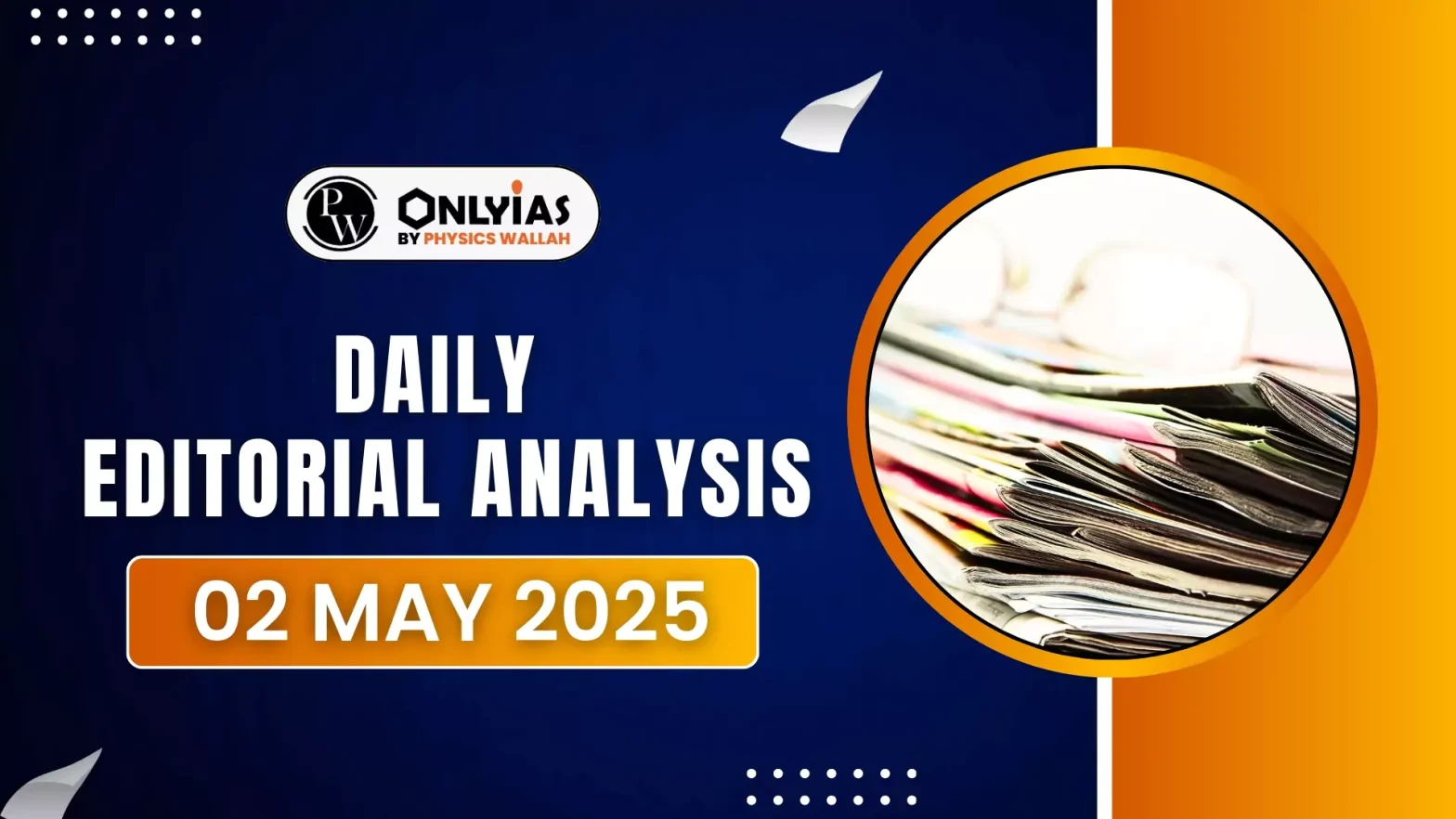The Pahalgam terror attack triggered widespread shock, prompting diplomatic steps against Pakistan and raising fears of possible military escalation.
Response to Attack
- Shifting Focus: Amid this, India’s outreach to three of Pakistan’s closest allies — Saudi Arabia, UAE, and the Taliban regime in Afghanistan gained strategic importance in building a diplomatic case.
- Interrupted Diplomacy: Prime Minister Modi was in Jeddah when the attack occurred. He cut short his visit but discussed the incident in detail with Saudi Crown Prince Mohammed bin Salman.
- Strong Joint Statement: The India-Saudi joint statement featured a strong condemnation of the attack, rejecting any attempt to “link terrorism to any particular race, religion or culture” — the strongest such language so far.
Evolution of India-Saudi Counterterrorism Ties
- Strategic Alignment: This reflects the culmination of a process starting with the 2006 India-KSA Delhi Declaration, followed by the 2010 Strategic Partnership, which realigned Saudi views on terrorism.
- Historic Cooperation: In 2012, Saudi Arabia helped India secure the arrest of Sayed Zabiuddin Ansari alias Abu Jundal, a LeT co-conspirator in the 26/11 Mumbai attacks, marking a pivotal shift in bilateral cooperation.
- Transformation: This cooperation was significant given Saudi Arabia’s past of funding Islamist extremist groups via madrasas in Pakistan and elsewhere.
- Economic and Technological Ties: Today, ties are marked by technological collaboration and the prospect of $100 billion in Saudi investment, showcasing a complete transformation in India-Saudi relations.
India-UAE Ties
- Strategic Turnaround: India’s relationship with the UAE has seen a dramatic shift since the 1990s, when India failed to secure the extradition of Dawood Ibrahim or UAE help during the 1999 IC-814 hijack.
- Strategic Partnership: The signing of a Strategic Partnership in 2017, and at least six visits by PM Modi, have deepened ties, showing clear movement away from past indifference.
- High-Profile April Visit: In April, Sheikh Hamdan bin Mohammed bin Rashid Al Maktoum, the Crown Prince of Dubai and UAE Deputy PM, was given a grand reception by India, reaffirming ties with a country once close to Pakistan.
India-Taliban Dynamics
- Strategic Engagement: A surprise visit to Kabul by India’s MEA point-person for the Pakistan-Afghanistan-India region marked a rare outreach to the Taliban regime.
- Condemnation of Attack: During this engagement, Taliban acting Foreign Minister Muttaqi issued a categorical condemnation of the Pahalgam killings, in stark contrast to the Taliban’s earlier role in targeting Indian interests.
- Diplomatic Gain: Though a full change of heart from the Taliban cannot be assumed, their support against terrorism serves as an added pressure point on Pakistan.
Conclusion
India’s ability to transform ties with nations like Saudi Arabia, UAE, and even the Taliban, who once refused cooperation, shows the power of sustained diplomacy. This shift reflects the salutary impact of well-timed diplomacy, turning old adversarial dynamics into present-day strategic leverage over Pakistan.
![]() 2 May 2025
2 May 2025

